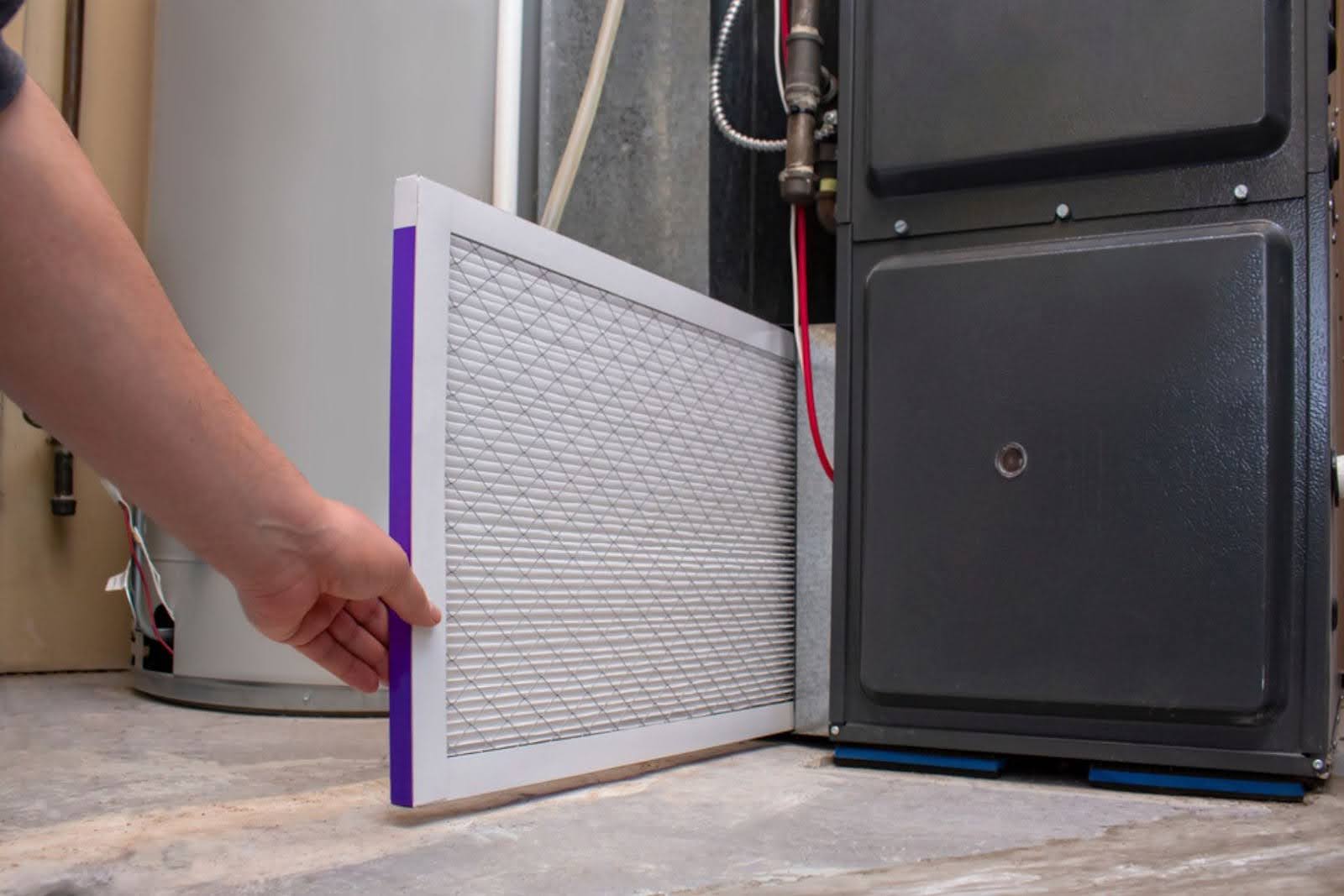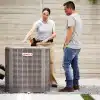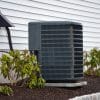As an HVAC company, we recognize the crucial role that indoor air quality plays in maintaining a healthy home environment.
The air within our homes can potentially be more polluted than outdoor air, and since most people spend a considerable amount of time indoors, ensuring clean indoor air is essential for our well-being.
Various factors, from everyday activities like cooking and cleaning to the type of heating and cooling systems we use, can impact the air we breathe.
 Understanding the Health Effects of Poor Indoor Air Quality
Understanding the Health Effects of Poor Indoor Air Quality
Poor indoor air quality can significantly affect our health, with effects ranging from temporary discomfort such as eye irritation and headaches, to more severe health problems including respiratory issues and long-term diseases.
Particularly for individuals with pre-existing conditions like asthma or allergies, the quality of air in their living spaces can exacerbate symptoms and contribute to chronic respiratory distress.
Common Pollutants in Indoor Environments and Their Sources
Dust, pollen, pet dander, mould spores, and volatile organic compounds (VOCs) commonly pollute indoor air. VOCs are released from everyday items like paints and cleaning products. Additionally, HVAC systems that don’t work well can increase these pollutants. If these systems fail to filter air correctly or circulate dirty air, pollutant levels in the home can rise.
How HVAC Systems Influence Indoor Air Quality
Effective HVAC systems are essential for clean indoor air. They manage air quality by ensuring proper ventilation and filtering out pollutants. However, if you neglect or don’t update your HVAC system, it could start accumulating pollutants like mould and dust, which harms the air quality and potentially your health.
HVAC Solutions for Enhancing Air Quality
To improve indoor air quality effectively, there are several innovative HVAC solutions that you can implement. Each solution targets specific aspects of air quality control, ensuring a comprehensive approach to cleaner indoor air.
1. High-Efficiency Particulate Air (HEPA) Filters
HEPA filters are highly efficient, capturing 99.97% of particles as small as 0.3 microns, including pollen, pet dander, dust mites, and tobacco smoke. Their ability to trap these tiny particles makes them incredibly valuable if you suffer from allergies, asthma, or other respiratory issues, as they significantly reduce allergens and pathogens in your indoor air. You should always install a quality air filter for your central air system.
2. Humidity Control Systems
Maintaining proper humidity levels, ideally between 40% and 50%, is essential for both your health and comfort. Humidifiers are crucial for keeping these levels in check. By managing moisture, these systems help prevent the growth of mould and mildew, which thrive under damp conditions. This not only helps preserve the structural integrity of your home but also promotes a healthier living environment by minimizing mould-related allergens and irritants.
3. UV Lights
UV lights in HVAC systems use ultraviolet light with germicidal properties to eliminate bacteria, viruses, and mould spores as air circulates through the system. This technology is especially useful for keeping your environment sterile and preventing the spread of airborne diseases, making it an excellent choice if you live in a humid region where microbial growth is a common issue.
4. Regular Maintenance and Cleaning
Regularly inspecting and maintaining your HVAC system is crucial to prevent the buildup and spread of pollutants in your indoor environment. Routine checks ensure that all parts, including air ducts and filters, work optimally. By keeping these components clean and in good condition, you help your HVAC system run more efficiently, improving air quality and reducing health risks associated with poor indoor air.
Tips for Maintaining Optimal Indoor Air Quality at Home
Maintaining high indoor air quality is crucial for ensuring a healthy living environment. Homeowners can take several simple yet effective steps to keep their indoor air clean and safe.
1. Regular Replacement of HVAC Filters
One of the most straightforward and essential practices is changing the HVAC filters regularly, ideally every 90 days. If you have pets or suffer from allergies, you may need to replace the filters more frequently. Clean filters are better at trapping dust, pollen, pet dander, and other airborne particles, thereby preventing these pollutants from circulating through your home.
2. Use Cooking Vents
Cooking can produce a significant amount of fumes and airborne particles, especially when frying or grilling. Using your kitchen exhaust hood every time you cook can help remove these pollutants directly from the source and prevent them from spreading throughout the house. This practice not only maintains cleaner air but also helps in reducing odours and moisture that could contribute to mould growth.
3. Keep the House Clean
Regular house cleaning is vital in reducing the accumulation of dust, pet dander, and other pollutants. Frequent vacuuming, especially with vacuums equipped with HEPA filters, effectively removes particles from carpets and upholstery. Additionally, wiping down surfaces, minimizing clutter, and washing bedding and curtains regularly can significantly reduce the presence of allergens and dust in your living spaces.
4. Monitor Air Quality
To actively manage and improve indoor air quality, consider using an indoor air quality monitor. These devices can measure the levels of various pollutants and humidity in your home, providing you with real-time data to help you make informed decisions about ventilation and air purification. Monitoring helps identify potential air quality issues before they become serious, allowing for timely interventions like increasing ventilation or using air purifiers.
Conclusion: Taking Charge of Your Indoor Air for Better Health
Understanding the sources of indoor air pollution and implementing effective HVAC solutions can significantly improve the air quality in your home. Regularly maintaining your HVAC system and making informed choices about air filtration and purification technologies will help ensure that the air you breathe indoors is clean and healthy.
Remember, taking proactive steps towards better air quality is an investment in your health and the health of your family.






